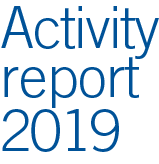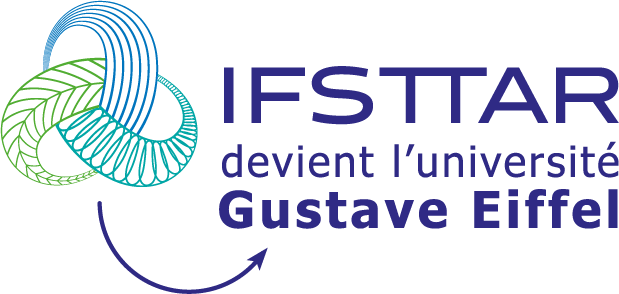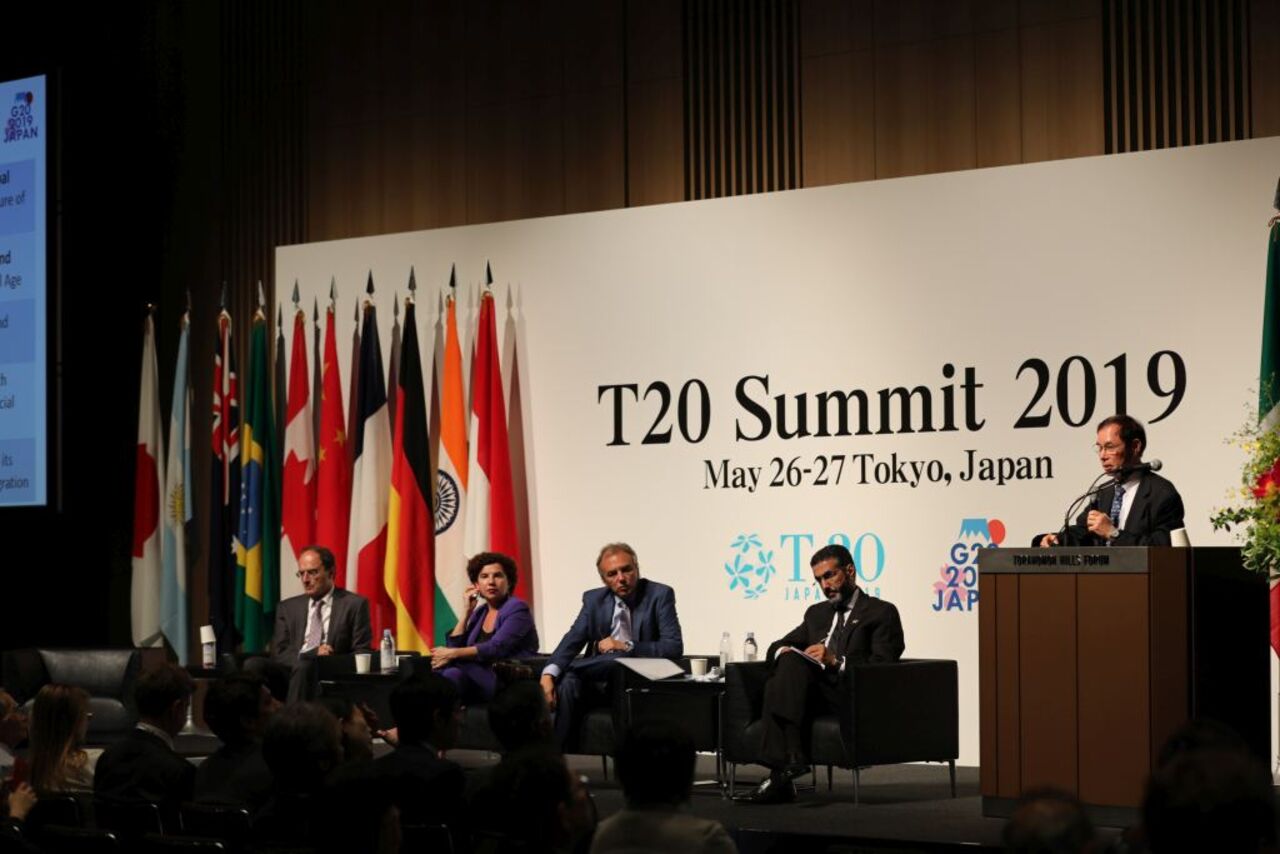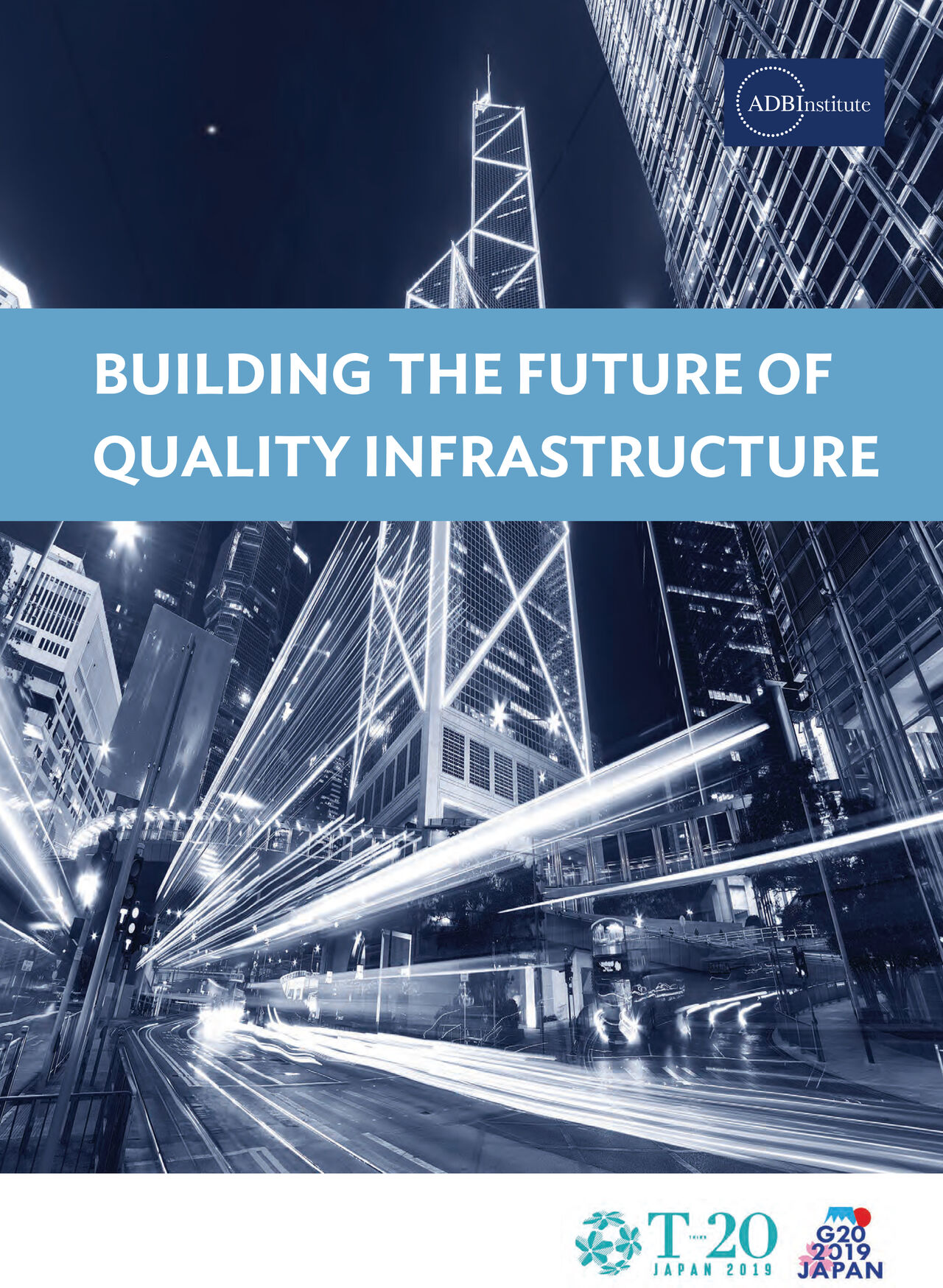To inform the discussions of the ministers and heads of state meeting at the end of June 2019 during the G20. This is why IFSTTAR, alongside 400 international experts, was asked to take part in the T20 (Think20). This year, under the presidency of Japan, this commitment group of think tanks and research institutes aimed to produce public policy recommendations for the G20 member countries. "In addition to the Institute's expert appraisal work in the field of transport infrastructure resilience, this invitation is the outcome of numerous collaborations with our international partners," recalls Jean-Bernard Kovarik, Managing Director of IFSTTAR and future Vice-President for Public Policy Support at the Université Gustave Eiffel and a contributor to the T20.
Together with other experts from Université Gustave Eiffel's founding institutions and the Cercle Grand Paris de l'Investissement Durable, IFSTTAR researchers helped draft two policy briefs on the theme of infrastructure. The result of a year of discussions and research, their proposals were presented at the final T20 summit organised at the end of May 2019 in Tokyo, before being brought together in the Communiqué submitted to the G20 political leaders who met a month later in Osaka. The aim was to help them redefine the financing and equitable sharing of the economic, social and environmental value of infrastructure for the common good. "Our work brings together the ideas of engineers, geographers, economists and sociologists in order to better address the complex issue of infrastructure resilience".




